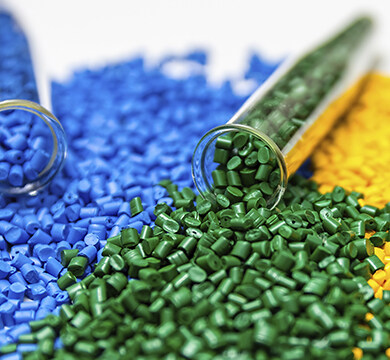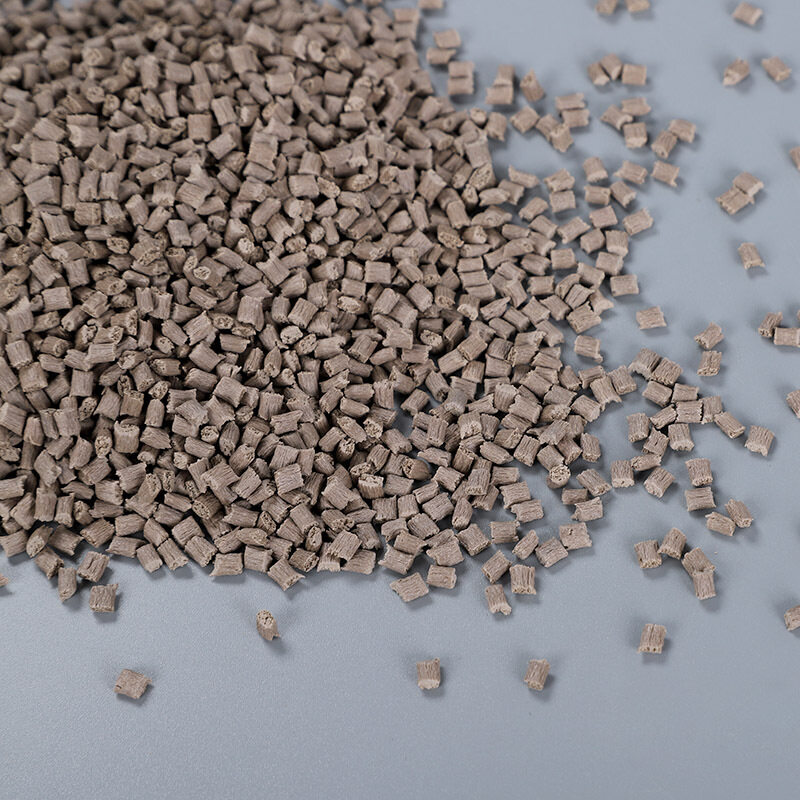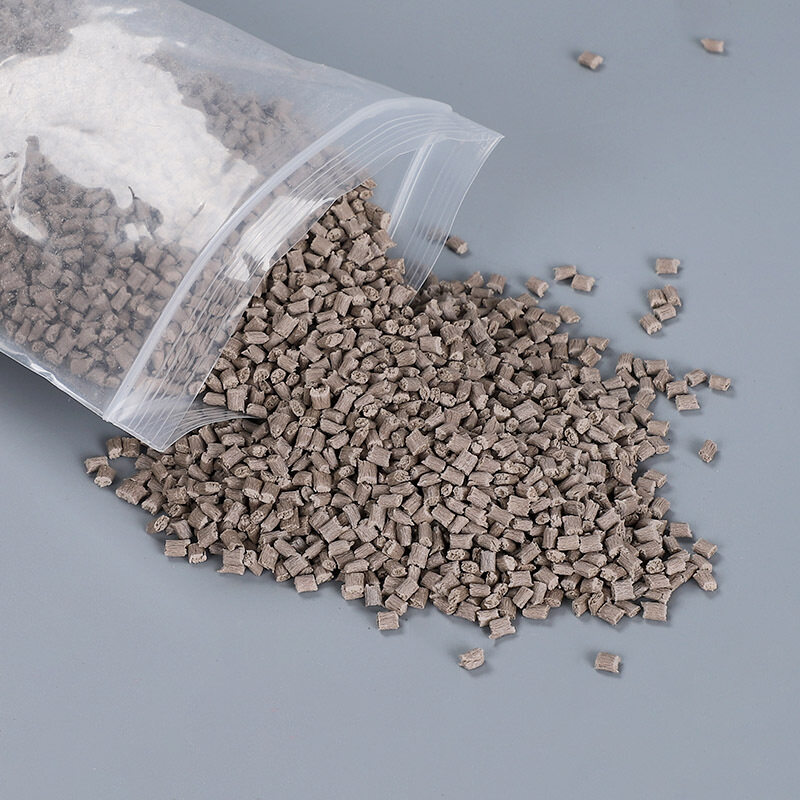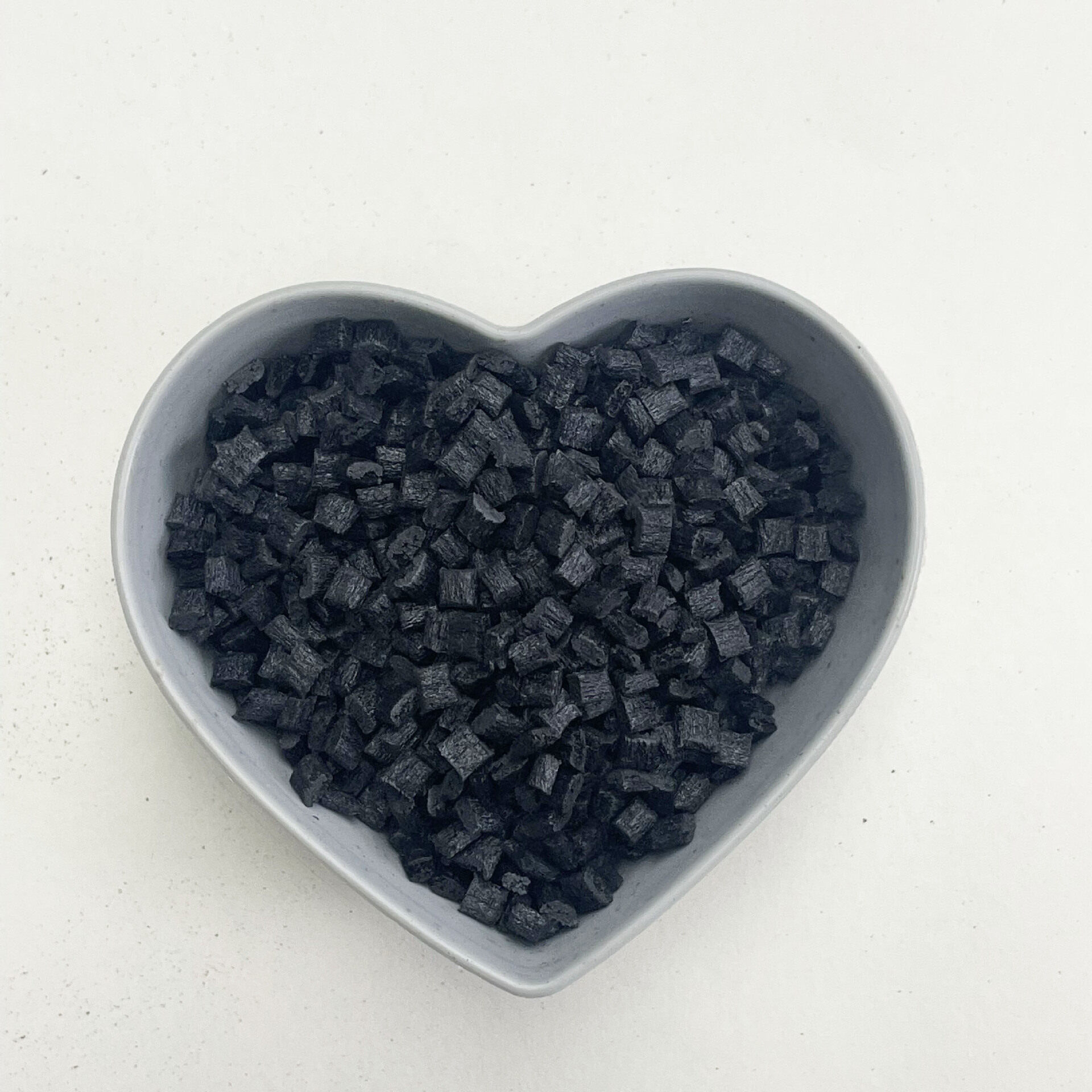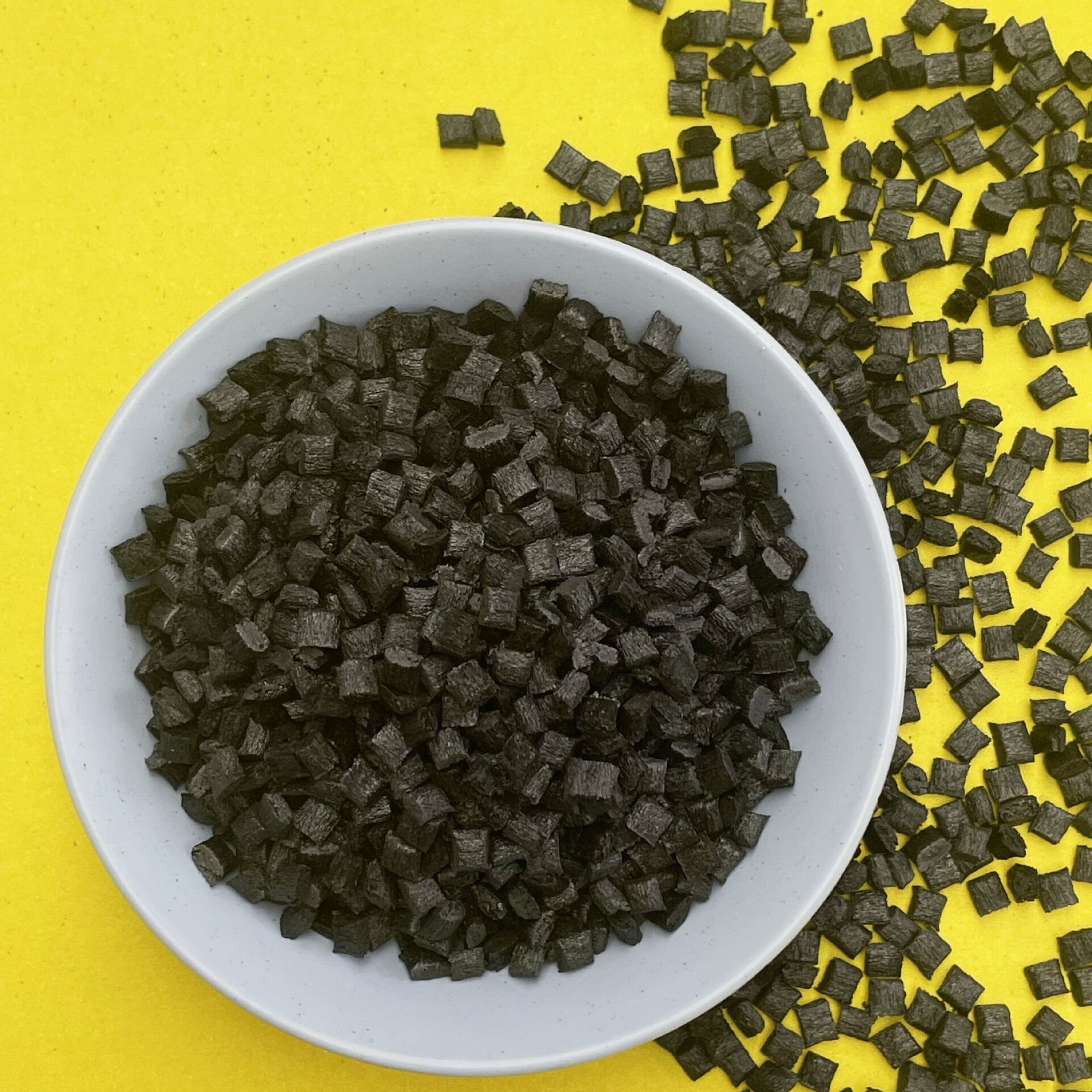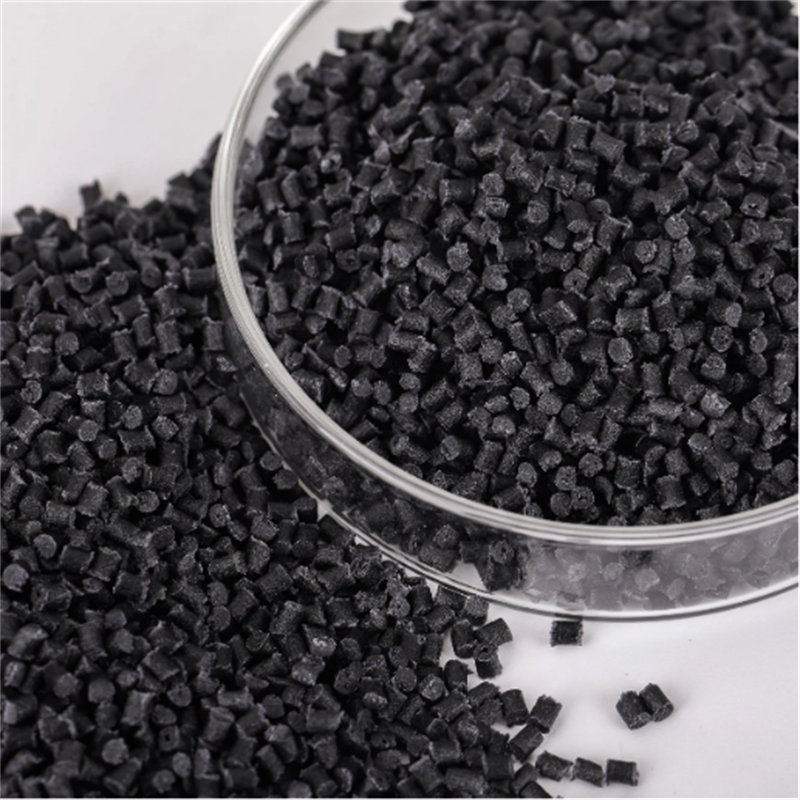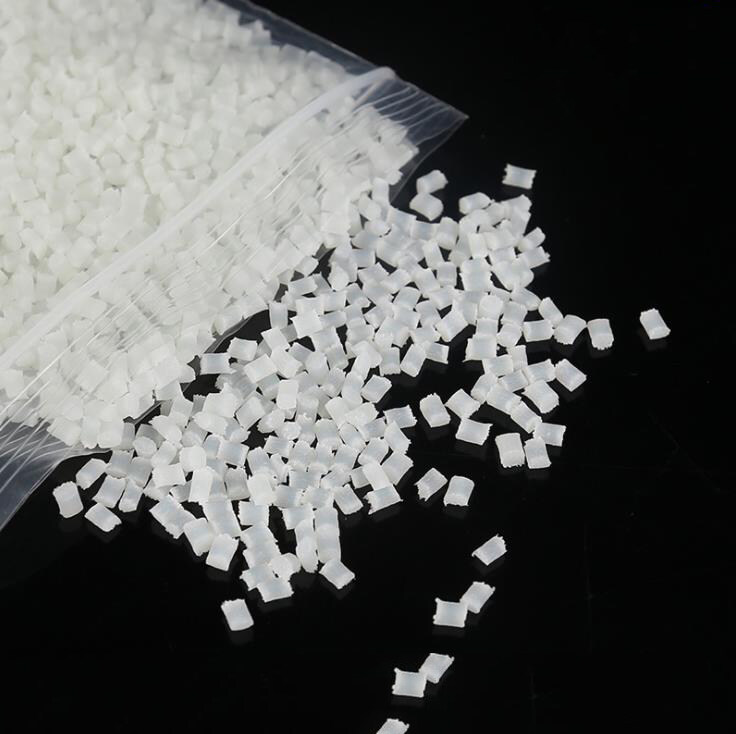Erreur de format d'e-mail
emailCannotEmpty
emailDoesExist
pwdLetterLimtTip
inconsistentPwd
pwdLetterLimtTip
inconsistentPwd

PPS GF55 TPS80G11N
Glass Filled: 55%
UL94 0.8mm V0
(Custom materials available according to your Technical Data Sheet)
- Les détails du produit
-
Download

Customizable Materials Available:
- Color (Customization of plastic pellet color according to your requirements.)
- Flame retardant grade (Let us know which flame retardant level you need: 0.8mm-3.0mm HB, V0, V1, V2, 5VA, 5VB)
- Glass fiber reinforcement material (10%-50% availability)
- Carbon fiber reinforcement material (10%-50% availability)
- UV resistance property (Tell us the application scenarios or UV resistance level of the materials )
- Other materials can also be customized ( Just need to provide your Technical Data Sheet. )
Technical Data Sheet of PPS GF55 TPS80G11N
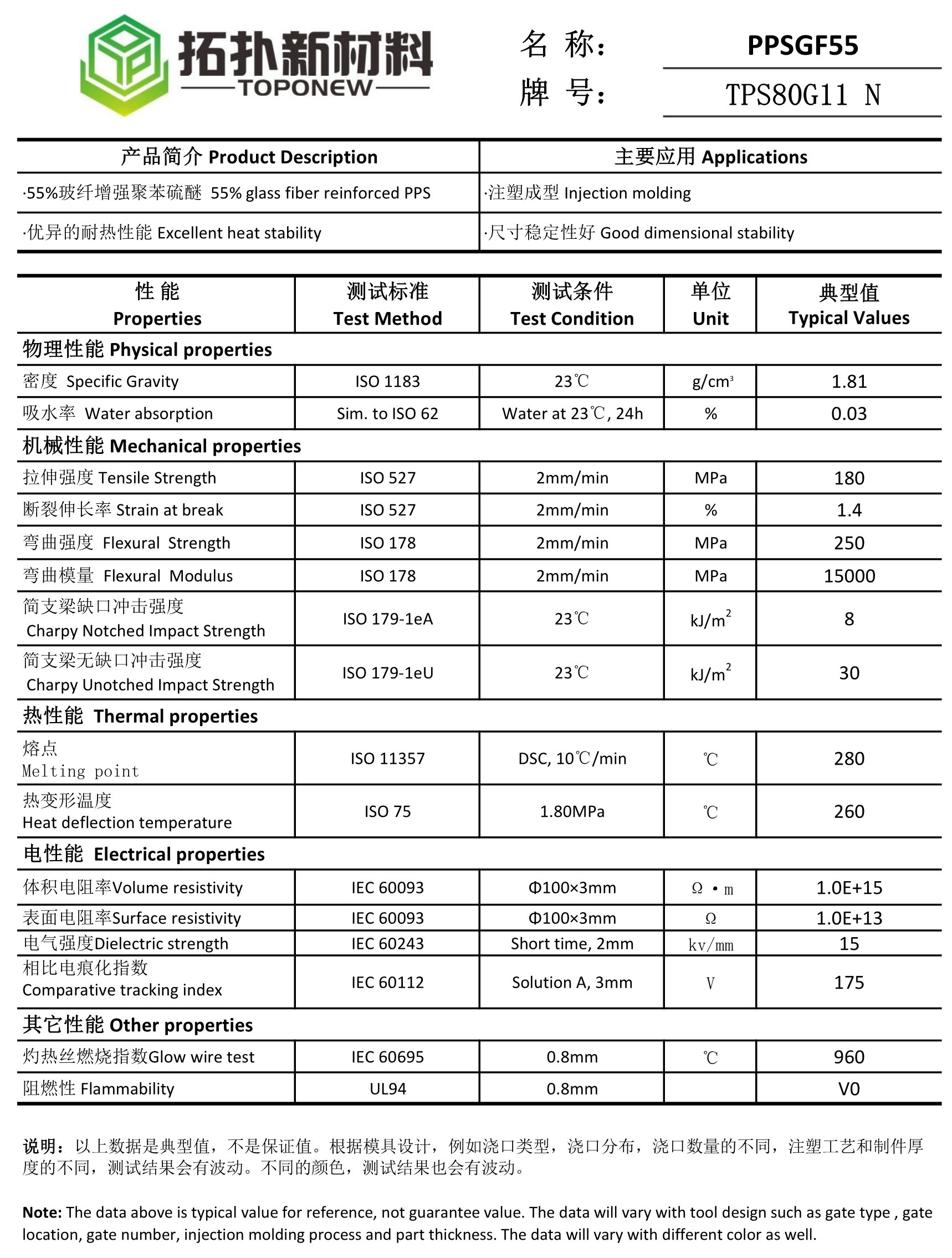
PPS GF55 TPS80G11N is a modified PPS granule (Polyphenylene Sulfide) that is reinforced with 55% glass fiber. This product offers high-temperature resistance, excellent dimensional stability, outstanding resistance to creep deformation, exceptional chemical resistance, and meets the UL94 V0 flame retardant rating at 0.8mm thickness.
With its superior flame retardant properties and excellent electrical insulation, PPS GF55 TPS80G11N is ideal for applications requiring fire resistance. Its ability to resist high temperatures, maintain dimensional stability, and exhibit low creep deformation makes it suitable for use in industries such as chemicals, electronics, electrical appliances, and machinery. It is commonly used in components like MCB actuating mechanisms.
As a leading Engineering Modified Plastic Manufacturer, TOPONEW is committed to producing PPS GF55 TPS80G11N PPS granules that comply with RoHS environmental standards and meet the stringent demands of various industries. By utilizing this glass-filled modified polyphenylene sulfide material, our customers can benefit from its outstanding flame retardant properties, excellent performance, and reliable solutions in their applications.
Features of PPS Material
PPS, which stands for Polyphenylene Sulfide, is a high-performance plastic material known for its excellent thermal, chemical, and electrical properties.
PPS is a semi-crystalline thermoplastic characterized by its high melting point, strong resistance to heat and chemicals, low moisture absorption, and dimensional stability. It can withstand temperatures up to 220°C (428°F) without melting or losing its mechanical strength.
Due to its exceptional properties, PPS is commonly used in applications that involve high temperatures and harsh environments. It is widely used in automotive, electrical, and electronics industries for components such as connectors, circuit boards, sensors, and housings.
Besides its thermal and chemical resistance, PPS also offers excellent electrical insulation properties, making it suitable for electrical applications that require stability and reliability.
Additionally, PPS has good mechanical strength, excellent dimensional stability, and low creep tendencies, which contribute to its suitability for various engineering applications where precision and durability are essential.
Overall, PPS plastic material provides a balance of high-performance characteristics, making it a preferred choice in demanding applications where strength, heat resistance, and chemical resistance are required.

Download
-
PPSGF55 TPS80G11 N.pdf
Download PPSGF55 TPS80G11 N.pdf

